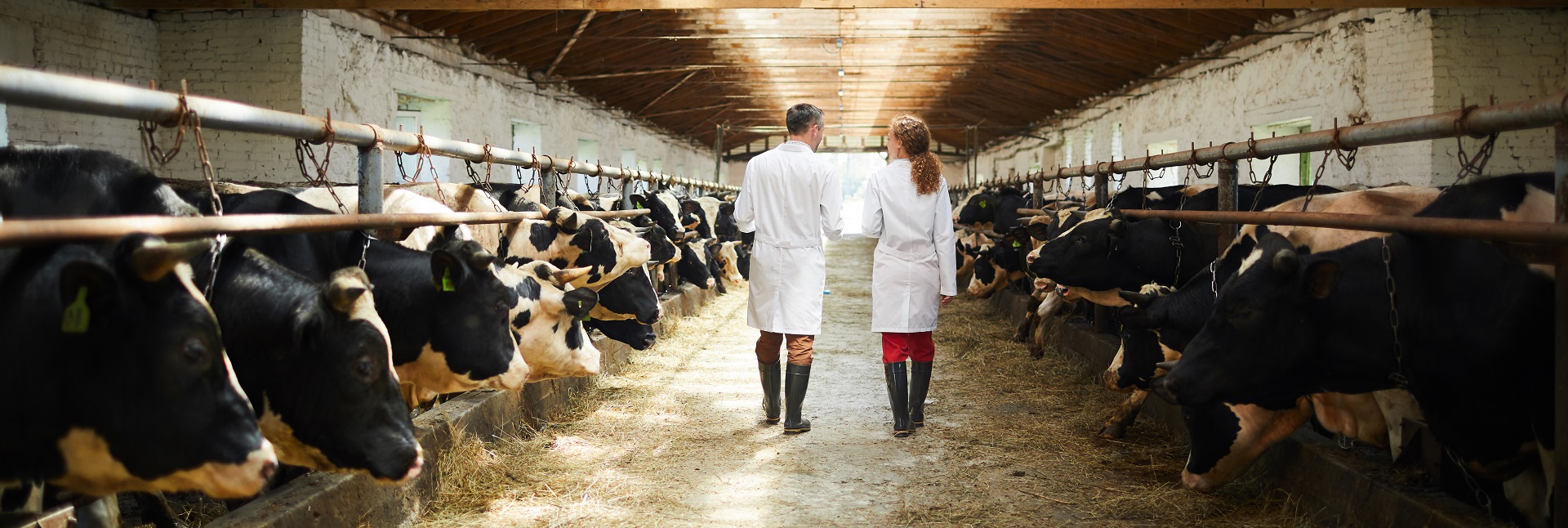
Harrison Drury’s divorce and family law team, considers some of the difficulties that can arise when dealing with a family farm upon divorce.
A divorce involving a family farm can be particularly challenging as the family home is usually located on the farm where day to day business is carried out. Further pressure can arise as the farming business is often the main source of income.
The complexities of a family farm as a business
Whilst the powers available to the court are ultimately the same as in a non-farming marriage, there are a number of common threads that run through such cases, making them difficult to resolve.
The farm is usually an inherited asset that has passed through a family for generations and we understand that there can be great sentiment attached to the land and the farm.
In addition, farming businesses are often modest in terms of income yield, with capital tied up in assets, such as stock and property, meaning that there is a lack of liquidity. This often means that farming assets may need to be sold as part of the financial settlement thus affecting any future viability of the farm.
Farming businesses can have a complicated ownership structure or be held in a trust benefitting members of the wider family. In some cases, farmland may even be owned by older generations of the family.
It is not unusual for there to be an arrangement whereby family members are paid an income from farm profits with the intention that they receive a pension income in retirement after they have transferred ownership of the family farm to the next generation.
Matrimonial vs non-matrimonial assets
It is crucial when considering any financial settlement involving a farm to establish what is likely to be considered matrimonial and non-matrimonial property. Non-matrimonial property is property that should not fall within the ‘pot’ of assets to be split between the parties. The family home will almost always be considered a matrimonial asset when considering a division of assets, even if it is located on the farm.
Many assume that a farm is considered a non-matrimonial asset if it was acquired before the marriage or through extended family. This argument is known as ‘ring-fencing’, but it does not always satisfy a judge. Ultimately, the needs of the parties will come first, along with any dependent children, and non-matrimonial assets may need to be utilised if needs cannot be met by the matrimonial assets alone.
Determining a fair settlement: What will the court consider?
The court will consider a number of factors such as the income, earning capacity, property and other resources that each party has, together with other factors such as their age and the duration of the marriage. The most important consideration will be the needs of any children, whilst having regard to “all the circumstances of the case”. In cases involving a family farm, the court will give particular consideration to the unique circumstances of the case (such as how the farm was acquired). The court will likely consider:
- Whether the farm is an asset that has been passed down through generations.
- The ownership structure of the business.
- How any financial settlement may affect any third parties.
How can I protect the family farm?
If you are getting married and would like to ensure your farm will be passed down to the next generation (in the event that you separate), you could consider entering into a pre-nuptial agreement before you get married.
While the court will normally give weight to a pre-nuptial agreement that seeks to ring-fence a family farm, it will ultimately depend on the parties needs at the time of divorce as to whether such an agreement will be upheld and the court will consider whether it would be necessary to use part or all of the farm to meet their needs.
A pre-nuptial agreement is more likely to be upheld if both parties receive legal advice in advance of signing the document and the agreement is entered into in good time before the marriage, to prevent any claims of duress or undue influence.
Alternatively, if you are already married, you could consider entering into a post-nuptial agreement.
If you own a family farm and are considering divorce, it is important that you seek independent legal advice from a specialist family solicitor. For further advice on divorce and the family farm or advice on pre and post nuptial agreements, please contact Harrison Drury’s divorce and family law team on 01772 258321.

